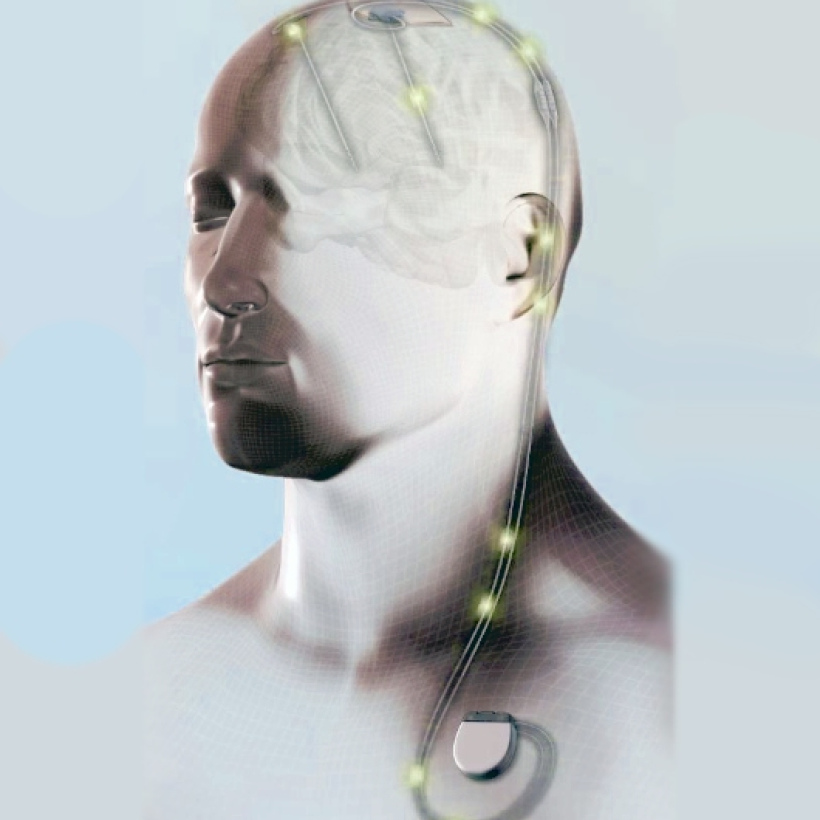Parkinson's disease, Essential tremor, Dystonia
Dystonia is a neurological disorder that causes involuntary muscle spasms and abnormal body posture. In the case of Dystonia, DBS is based on the same principles - electrodes send impulses to the Globus Pallidus or other target brain regions, helping to reduce muscle spasms and improve quality of life.
Deep Brain Stimulation has become an important treatment alternative for patients unresponsive to conventional treatment methods and is considered one of the most effective neuromodulation technologies for the treatment of these severe neurological conditions.
